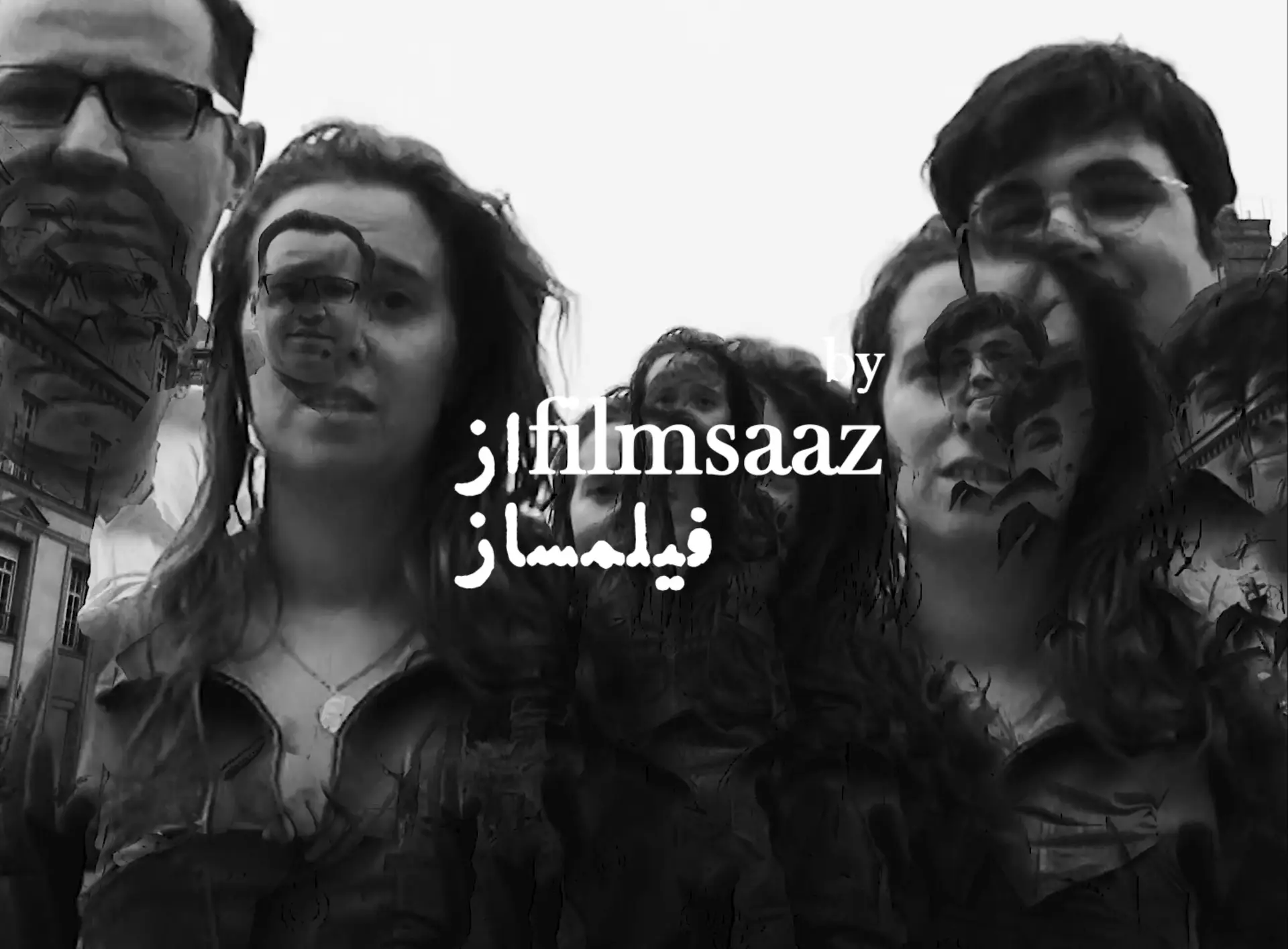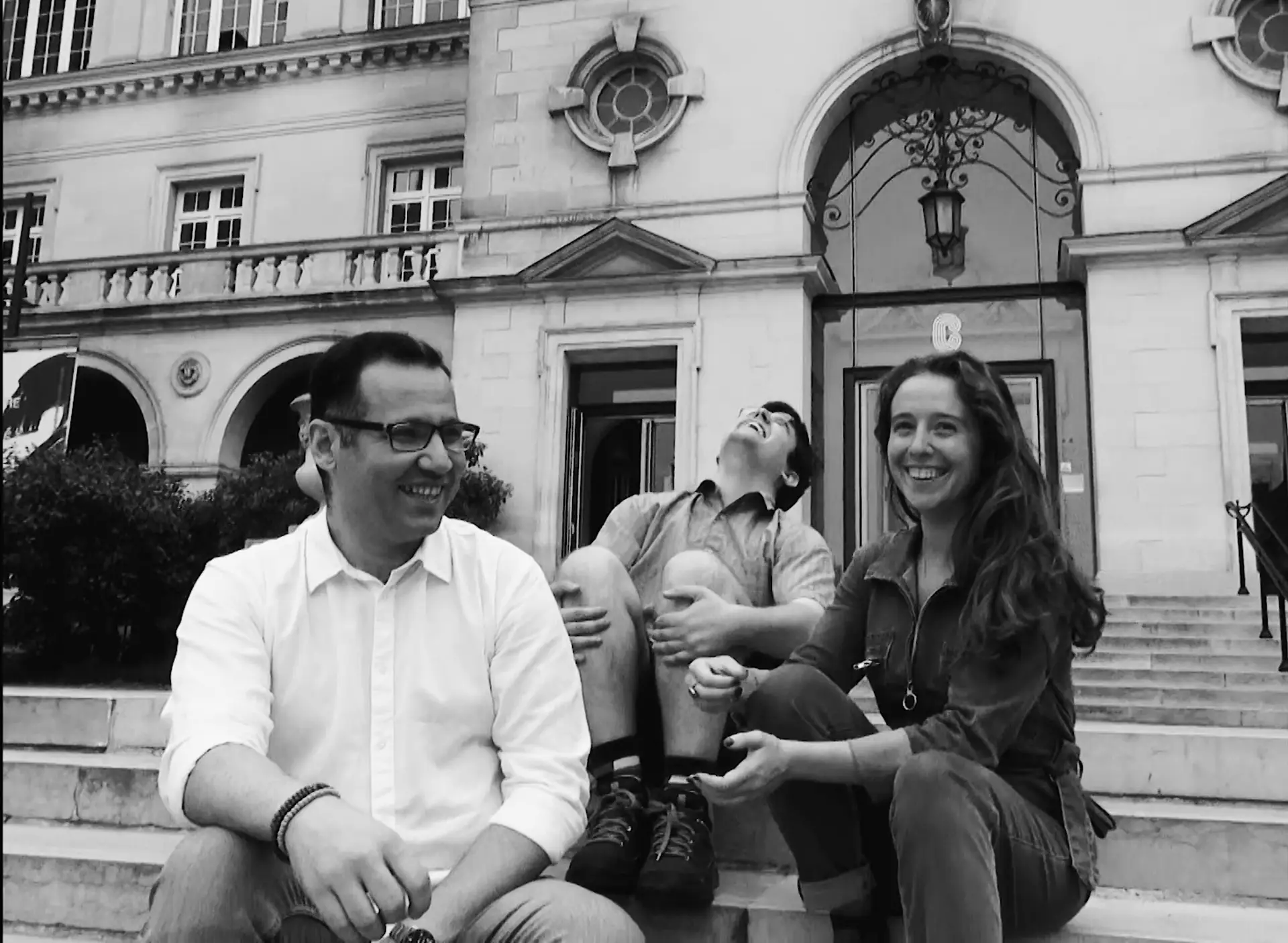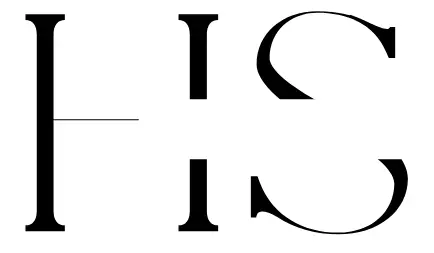Saleh kashefi
Director, Scriptwriter, Editor, Sound design
Sophistry in the medium of cinema
about
Saleh Kashefi is a director, scriptwriter, editor and sound designer born in Tehran in 1999. He began his career as a self-taught filmmaker, inspired in particular by the experience of his youth, which was marked by the harshness of the legal regime in Iran. This young prodigy has more than twenty films to his credit, including two feature films. In 2018 alone, he won twenty-nine awards at various festivals for several of his short films. In 2021, he won the Prince Claus Seed Recipient Award in the Netherlands and the Best Project in Residence Award from the CNC at the Cannes Film Festival. He graduated as a film researcher at the Iranian Youth Film Society and has a film course at the University of Paris in addition to his numerous residencies around the world (France, Iran, China, Germany, Norway, Switzerland).
p
r
o
j
e
ct



